#SupplyChain
Report: U.S. Prepping $540 Million for SK Group Semiconductor Factory in Michigan
The United States Department of Energy has confirmed plans to loan $544 million to South Korean tech conglomerate SK Group under the conditions it be used to expand semiconductor production in the Midwest. Finances have been earmarked for a facility operated by subsidiary SK Siltron CSS to expand a plant located in Bay City, Michigan, which had previously expressed plans to build more chips.
Investigation Faults Ford Battery Supply Over National Security Issues
Following fears that Ford’s electric vehicle supply chain may represent a national security issue, concerned legislators are doubling down by outlining the path battery components are required to take in order to get here. On Monday, Rep. Mike Gallagher (R-WI) and Cathy McMorris Rodgers (R-WA) accused the automaker of having plans that required contracting technology and software firms with close ties to both the Chinese and North Korean governments.
Ford Offering Bronco Customers $2,500 to Switch to Another Model
Ford has sent a bulletin to dealers telling them to offer customers who ordered a 2023 Bronco a $2,500 discount if they were willing to switch to another model. The reason has everything to do with the automaker’s inability to meet demand.
Supply Chain, Chips, and Inflation: The Story Behind Low Sales
Following up on our sales post from earlier, we look to The New York Times, which has listed several possible reasons for why the numbers are dire.
The reasons are predictable, but that doesn't mean they aren't true.
Senate Asks Automakers About Forced Labor in China
The Senate Finance Committee has formally requested that eight major automakers provide detailed information about their supply chains in order to determine whether or not they benefit from slave labor. In a letter sent Thursday, the group referenced a report from Sheffield Hallam University claiming that the auto industry is “unwittingly” utilizing metals, batteries, wiring, wheels, and other components that were coming from questionable sources – namely ethnic slaves living in Western China.
Kinda Sorta: New Car Market Shows Signs of Improvement
Despite ongoing dealer markups, rising interest rates, and evidence suggesting that new vehicles are suffering from a lapse in quality control, the automotive market is allegedly improving – at least in terms of sales volume. U.S. light-vehicle deliveries increased last month from the abysmal levels witnessed in October 2021. But the entire issue basically comes down to the industry managing to produce more cars than it had been.
Stellantis CEO Says Chip Shortage Nowhere Near Ending
Stellantis CEO Carlos Tavares has suggested that the global semiconductor shortage will persist through 2023.
“The situation will remain very complicated until the end of 2023, then will ease a little,” he told French outlet Le Parisien over the weekend, adding that “semiconductor manufacturers have an interest in making business with us again, especially as they’re raising prices.”
Ford Delays Vehicles After Running Out of Badges
With supply constraints persisting within the automotive industry, the knowledge that a manufacturer has induced a production stall due to a lack of parts is hardly big news. Nobody seems able to source enough batteries and the semiconductor shortage has left automakers dealing with routine factory shutdowns. But Ford seems to be confronting one of the saddest examples we’ve yet seen and has confirmed that it’s delaying trucks – seemingly because it doesn’t have enough trim badging or Blue Ovals to go around.
Report: Honda Considering Seperate Supply Chain for Chinese Market
Honda is reportedly considering tweaking its global supply chain to create a firm distinction between the Chinese and global markets. While the whole world has seen production stymied by restrictive protocols introduced in response to COVID-19, the Chinese Communist Party has retained a zero-tolerance policy that appears to have totally upended its economy and resulted in continued factory stalls. That's bad news for several Japanese automakers that have stepped up their reliance on Chinese production.
Last year, roughly 40 percent of Honda's automotive production (which includes part sourcing) came through China. This year, the company is allegedly wondering how to tear itself away from the market without losing the ability to sell cars to its massive population.
Gas War: Automakers Continue Begging Government for EV Incentives
On Monday, General Motors, Ford, Stellantis, and Toyota Motor North America reportedly asked the United States Congress to lift the existing cap on the $7,500 federal tax credit for electric vehicles. Though automakers petitioning the government for free money is hardly new business.
Average Age of U.S. Light Vehicles Older Than Ever
S&P Global Mobility has reported that the average U.S. automobile is now 12.2 years old, which it said represented a 2 percent increase since 2021. While relatively modest, the general trend for the last five years has been for vehicles to get older as drivers attempted to milk more life from beleaguered hardware.
Much of this has been attributed to North America’s broadening wealth gap and general improvements in vehicle longevity. If you look back at Department of Transportation data from the 1990s, the average age of a car was under nine years. By 2007, the typical car would see its 10th birthday before scrappage and the number has continued to climb from there. Much of that is due to households having to make do with tighter budgets, which was arguably made easier by modern powertrains that can easily exceed 100,000 miles before needing any serious maintenance.
Report: Nissan Z Delayed Until Summer
Nissan has delayed its planned successor to the 370Z , citing the now-familiar “unforeseen supply chain issues.” Originally planned for a spring launch, the next Fairlady Z won’t be having her coming-out-party until this summer.
GM Asks Suppliers to Sign Environmental Pledge, ESG Scoring
On Monday, General Motors publicly asked its suppliers to pledge themselves toward adherence to carbon neutrality. But the vow actually goes quite a bit further, incorporating numerous Environmental, Social, and Governance (ESG) scoring aspects we’ve seen being advanced by some of the world’s most powerful corporations, financial institutions, and world leaders.
In fact, the official name for the oath is the “Environmental, Social and Governance Partnership Pledge” and it’s already been associated with metrics defined by EcoVadis — a third-party assessor that focused on evaluating how individual companies integrate its preferred principles of sustainability, corporate responsibility, social cohesion into their business and management systems.
GM Secures Itself Some Cobalt
Automotive manufacturers are currently on a quest to secure supply chains to avoid any future embarrassments relating to absent materials or missing components. If the last few years have taught the industry anything, it’s that it is always better not to get caught with your pants down. So we’re now seeing most of the major players trying to lock down raw materials necessary for battery production as they pitch upward in value in anticipation of numerous firms transitioning to all-electric vehicles.
Cobalt has been of particular interest to automakers and General Motors recently entered into a formal agreement to purchase the chemical element from the Anglo-Swiss commodities trader Glencore Plc.
Chip Shortage Lambasts Europe, Supply Chains Confront New Problems
Even though the global semiconductor shortage has been going strong for about two years now, the world has failed to successfully manage the situation. Production stoppages remain relatively common within the automotive sector, with manufacturers continuing to attribute factory stalls to an inability to procure a sufficient number of chips. But the excuse seems to have evolved into a catch-all explanation for supply chain issues that continue that go beyond a single missing component.
That makes it a little hard to determine precisely how much of the ongoing production shortfalls can be pinned on semiconductors. But AutoForecast Solutions (AFS) was keen to take a whack at it and determined roughly 1.4 million vehicles have been removed from the automotive industry’s targeted output for 2022 — that’s on top of the 10.5 million units we lost in 2021. While the issue is indeed global, AFS stated that the last batch of vehicles to get the ax was predominantly from Europe.



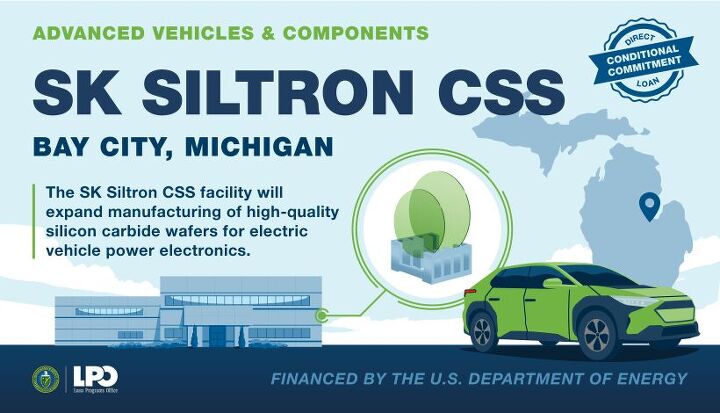
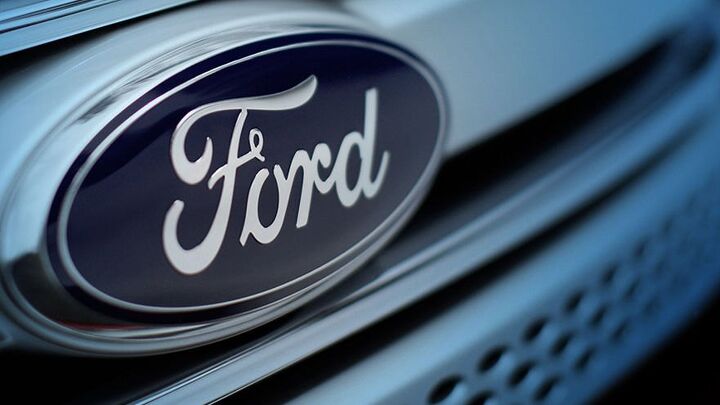




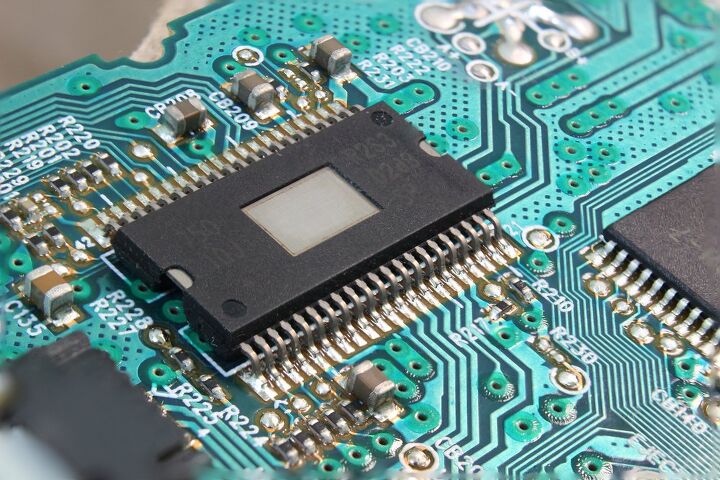





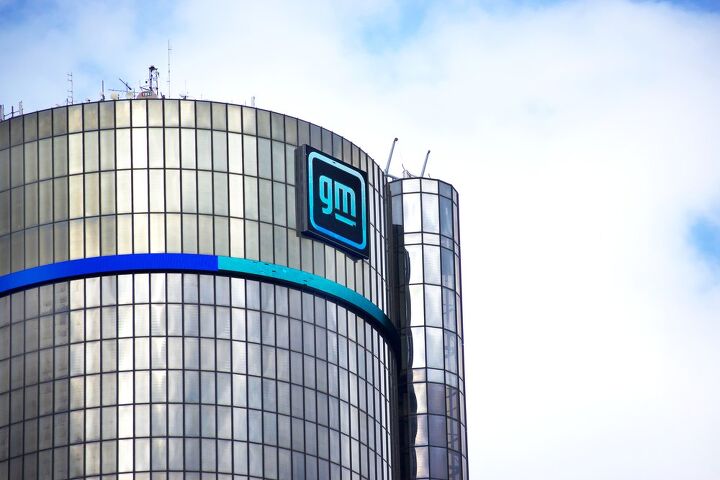

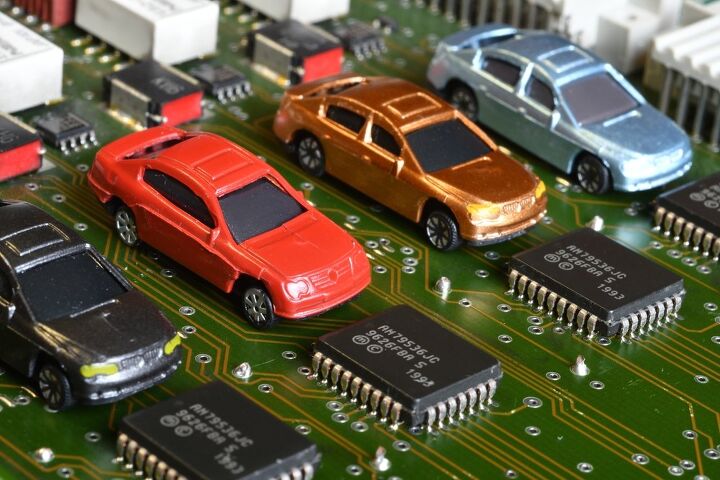












Recent Comments